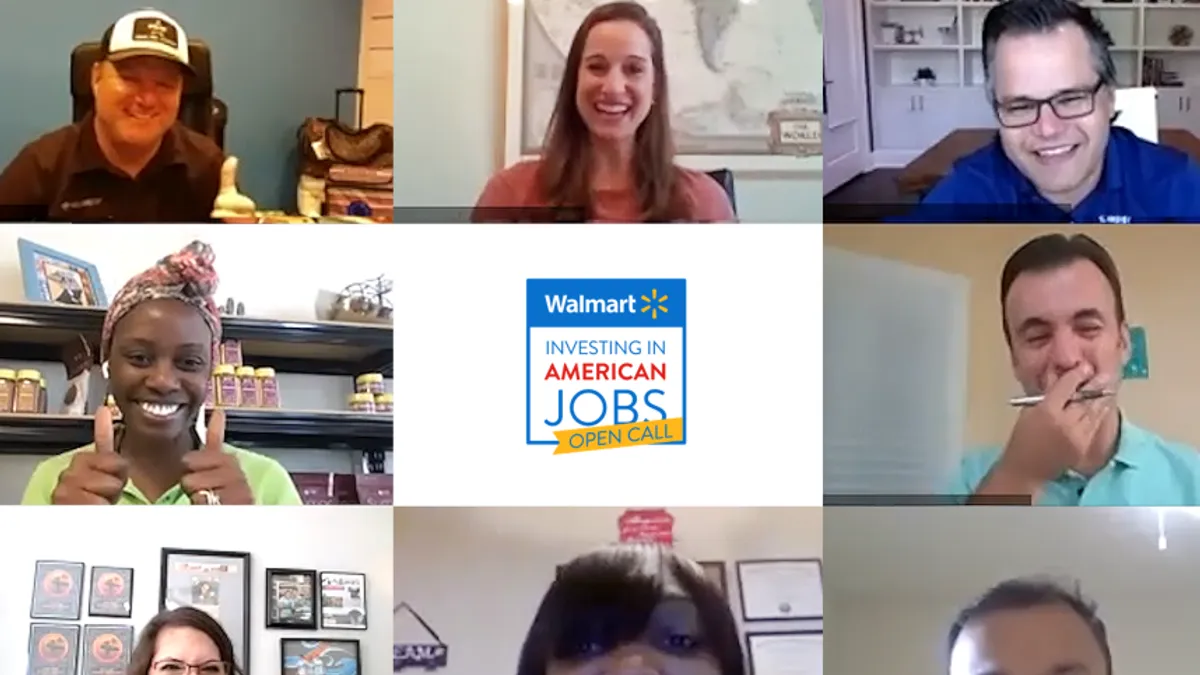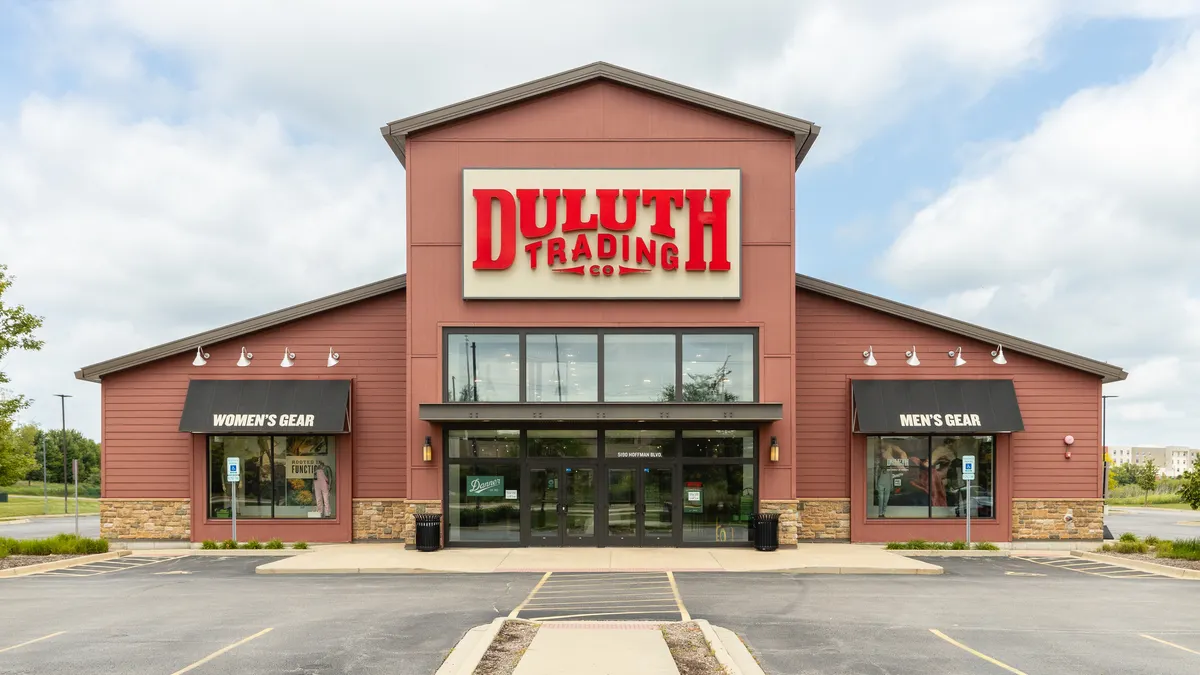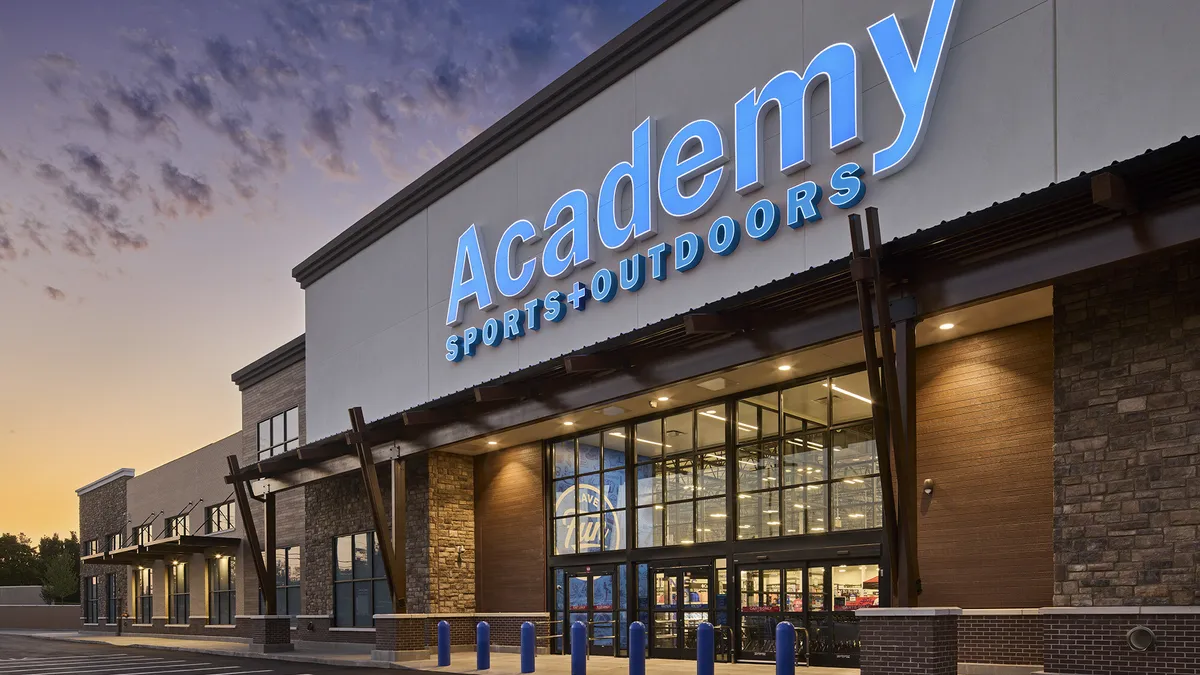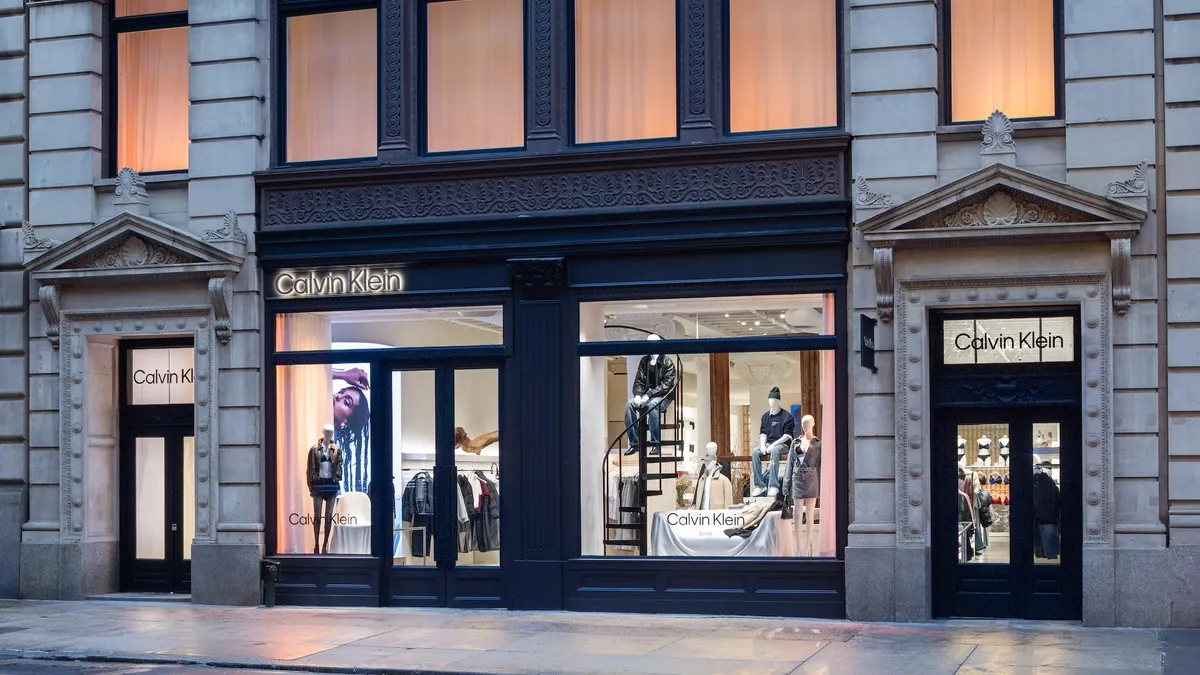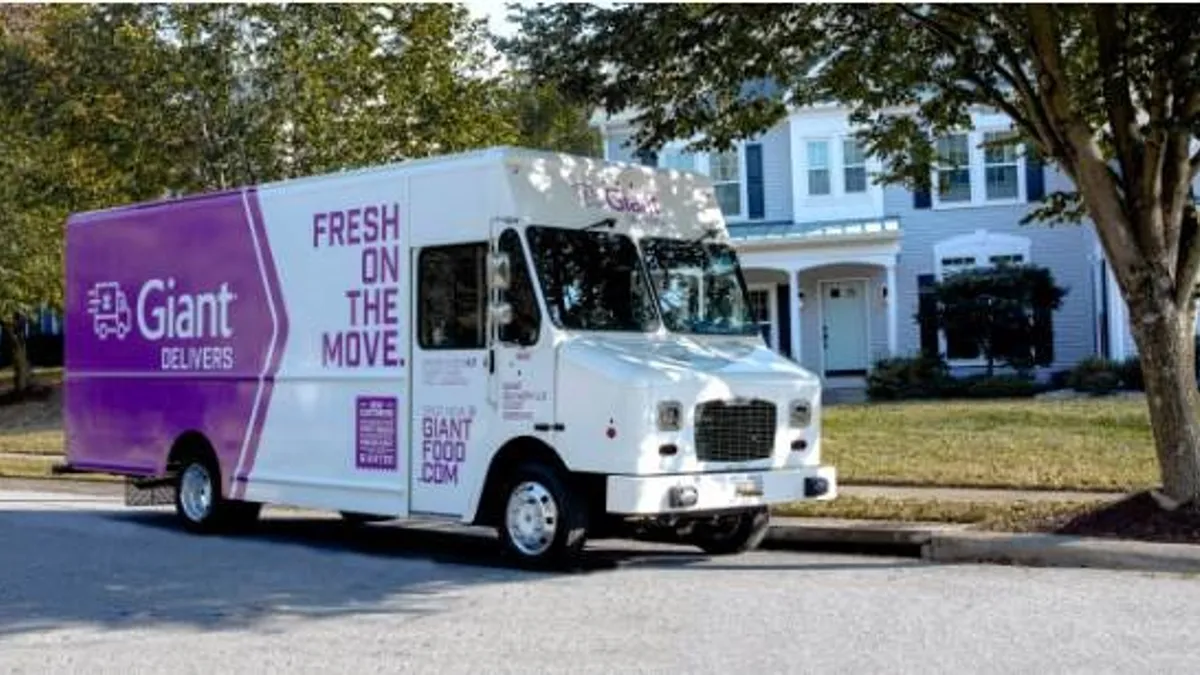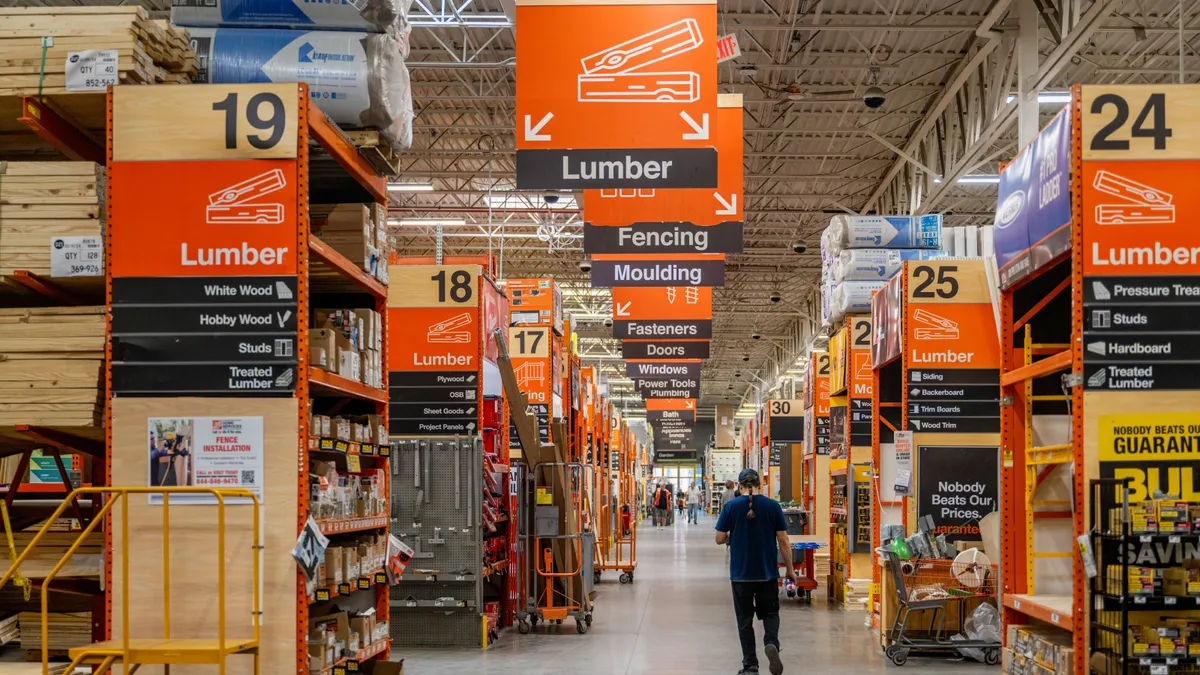In an effort to bolster their supply chains and offer opportunities to suppliers who may have been cut out of the corporate pitch process before, retailers like Kroger, Walmart, QVC and HSN are putting out open calls for new vendors. The goal: adding diversity and substantiality to their supplier base.
"We’re dedicated to fostering innovation and investing in local, regional, and small businesses that make the best of food accessible to all," Dan De La Rosa, Kroger’s group vice president of fresh merchandising, said in a press release announcing a call for companies to participate in their "supplier accelerator".
These efforts by big chains might seem like publicity stunts, especially in light of small retailers being decimated during the pandemic. The home improvement store Lowe's is even working with Daymond John of ABC’s Shark Tank on a program called "Making It…With Lowe's."
"[There are] a lot of people who are looking at this and thinking 'what are the ulterior motives that might be at play?'" said Brendan Griffith, senior vice president at Reputation Partners Communications.
But even if the motivation is to check boxes on previously announced DEI and sustainability goals, "this is truly a good thing," he said. "As large global organizations, they are finding a meaningful way to actually connect with local businesses, local suppliers, and make a better connection with their customers."
Open calls, with a diversity and sustainability focus
The concept of open calls like this isn’t new. After all, "requests for proposals" or RFPs, are based on the same concept.
Before, a company might put out a request for proposals to solve a specific business problem, like an oil and gas company looking for submersible drones to inspect underwater pipelines, said Chad Gottesman, global managing director of procurement operations at Accenture.
What is new is the way open calls are being handled. Enterprises are looking at publicly stated sustainability and diversity goals and are "using this type of approach to help influence those metrics and those outcomes," Gottesman added.
Indeed, in Kroger’s announcement, Stuart Aitken, chief merchant and marketing officer, pointed out that they had invested $4.1 billion in diverse suppliers, a 21% increase from the previous year, with the goal of reaching $10 billion by 2030.
"These companies are being challenged to put their money where their mouth is," said Douglas Kent, executive vice president of strategy and alliances for the Association for Supply Chain Management. In terms of DEI goals, “a lot of companies have made these statements at overarching, broad levels. This is where we're seeing it come together.”
It’s also what customers want. "Consumer facing companies have a customer base that is demanding to understand more about the company’s commitment to DEI, to improving equality. They want to shop from those companies and buy from these brands," said Gottesman.
Walmart’s Open Call is part of the company’s commitment to buy an additional $350 billion on items made, grown or assembled in the U.S. More than 900 companies pitched products that met these requirements in June. Of those, 167 products, including tortillas and fire kits, are advancing to the next stage of the competition with an additional 705 receiving further consideration.
"It worked out for us; we got a deal that day," Sherm Hubbard, owner of Speedy Blaze, which makes the fire kits, told WBKB 11." So, we’ll be hitting Walmart shelves by the fourth quarter of this year.”
Bottom-line benefits go beyond marketing
Beyond the reputation and marketing benefits of doing open calls, having a diverse supply chain, and companies located closer to retail locations, makes financial sense.
During the pandemic, retailers saw the consequences of global supply chains: empty shelves. Having suppliers closer to stores, not relying on global supply chains that can be easily disrupted by a pandemic or a hurricane or a boat stuck in the Suez Canal, means being able to keep shelves stocked and keep customers happy, said Gottesman.
Open calls like this create a supply base that’s closer to their stores, which invests in local companies will "lead to fewer supply shortages and keep their shelves full. It’s good for the local community. It’s a win-win."
It can also save on transportation, warehousing and logistics costs. If a supplier is based near a store, it doesn’t need to be shipped around the world to come to its final destination, said Kent.
For companies like QVC and the Home Shopping Network, open calls fill the pipeline with new products. Their open call, called "The Big Find," started in 2019. In 2020, they chose 102 brands, 64 of which are owned by people who self-identified as women or as a minority-owned business.
E-tailers like these don't traditionally "manufacture their own products, they have to re-invigorate that product all the time," he added. No one is going to "turn on that channel and watch the same stuff. It’s really important that they use these efforts to diversify what that portfolio looks like."
This story was first published in our weekly newsletter, Supply Chain Dive: Procurement. Sign up here.


